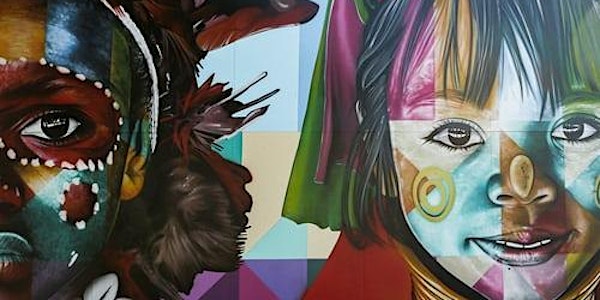
Stolen Children of the Belgian Empire: Métis Stories from Rwanda
with Professor Nicki Hitchcott (University of St Andrews)
Date and time
Location
Trinity Long Room Hub
College Green Dublin 2 IrelandAbout this event
- 2 hours
REGISTRATION from 15:30; event starts at 16:00
Stolen Children of the Belgian Empire: Métis Stories from Rwanda
On the eve of independence in the former Belgian Congo and Ruanda-Urundi, around 300 Métis (mixed-race) children were evacuated to Belgium where they would be fostered, adopted, or sent to local boarding schools. Most of the Belgo-Rwandan Métis never saw their birth mothers again and remained illegitimate, unacknowledged by their white European fathers. As children of white Belgian fathers and black African mothers, the children had been viewed by the church and the colonial authorities as ‘children of sin’ and therefore had to be removed. The Métis bodies of these children were, and continue to be, living reminders of the sexual exploitation, by white colonial men, of indigenous women known euphemistically as ‘ménagères’ (housewives). Finally, in 2019, the Belgian government issued a formal apology for the abduction of these children, but for nearly seventy years, the stories of the Belgian colonial Métis were conveniently forgotten.
This paper focuses on recent narratives from Rwanda by and about the Métis, specifically Georges Kamanayo’s autobiographical film, Kazungu, le métis (2000) and Beata Umubyeyi Mairesse’s novel, Consolée (2022). It begins by presenting some findings from a new research project on the mothers of the métis, a project conducted in collaboration with Alice Urusaro Karekezi of the University of Rwanda. It then moves into a closer analysis of Umubyeyi Mairesse’s novel, tracing her exploration of dementia as a way of thinking about retrieving untold narratives. It ends by considering the role of fiction in reconstructing the stories of the Métis, stories that have effectively been erased from the history of Belgian imperial control.
About the speaker
Nicki Hitchcott is Professor of French and African Studies at the University of St Andrews. She is a specialist in postcolonial literatures in French from Africa and the diaspora. Her past research, funded by the AHRC, the British Academy and the Leverhulme Trust, has focused on West African women's writing, migrant fiction, and fictional and testimonial responses to the 1994 Genocide against the Tutsi in Rwanda. Nicki is the author of three single-authored monographs: Women Writers in Francophone Africa (2000), Calixthe Beyala: Performances of Migration (2006) and Rwanda Genocide Stories: Fiction after 1994 (2015). She has published a further eight co-authored/co-edited volumes on various aspects of francophone postcolonial studies. Nicki has just completed a manuscript, co-edited with Nsah Mala of the University of Cologne, for a book on Ecotexts in the Postcolonial Francosphere to be published in 2025 by Liverpool University Press.
About the event series
This event is part of a series titled Global Intersections organised by Trinity College Dublin's Centre for Global Intercultural Communications (CGIC) and the Department of French in the School of Languages, Literatures and Cultural Studies together with the Francophone African Studies Network. The CGIC is supported by the Higher Education Authority's Human Capital Initiative Pillar 3 (HCI Pillar 3) which aims to increase capacity in higher education to provide skills-focused programmes designed to meet priority skills needs.